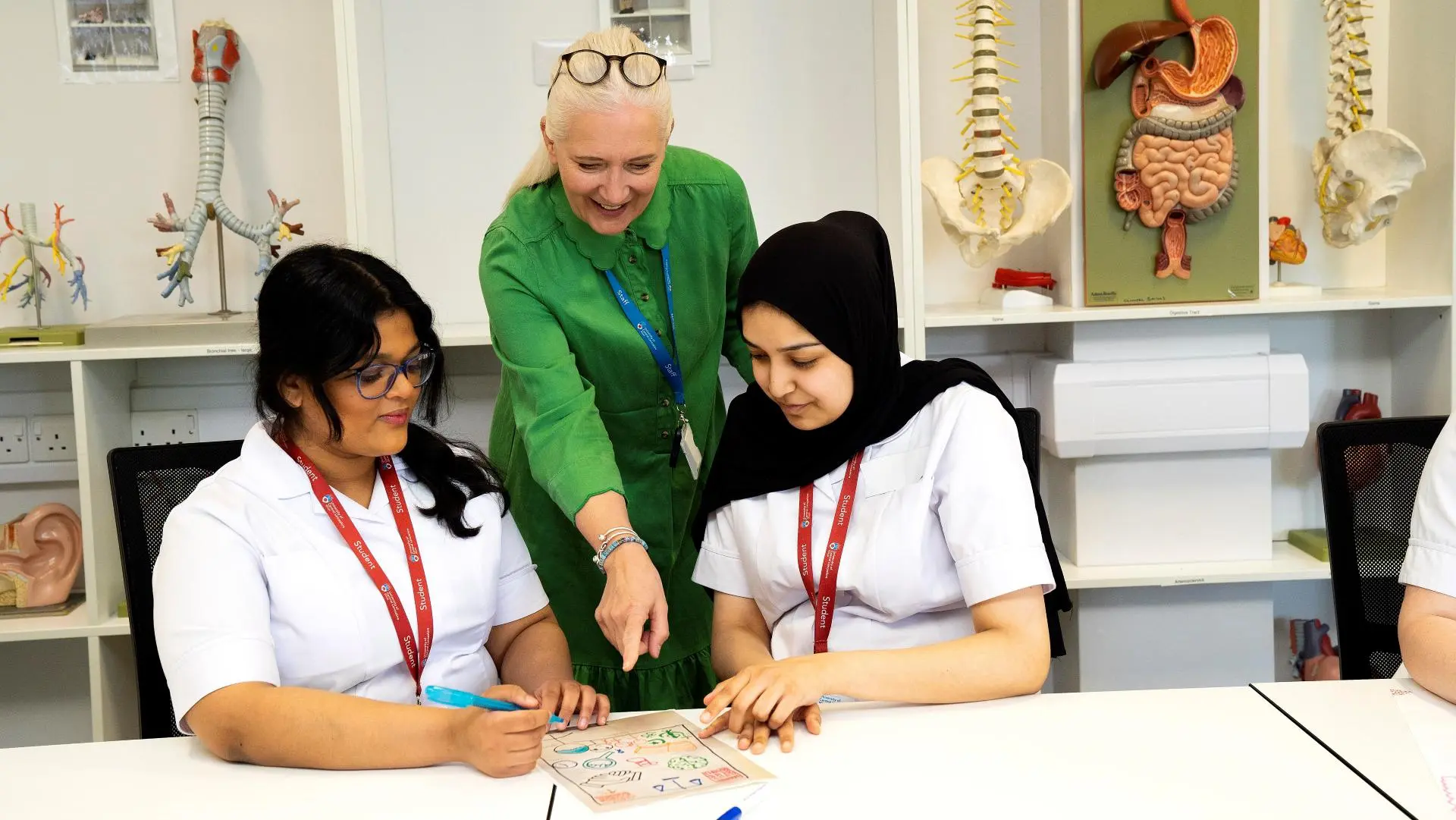When applying to study nursing, your personal statement is one of the most important parts of your application. It’s your opportunity to show us who you are, why you’ve chosen this career path, and how your experiences and values align with the role of a nurse.
Think of your personal statement as a professional introduction, similar to a job application. Rather than simply telling us what you’re good at, show us—through real-life examples and honest reflection. Here's what you need to include and how to make your statement stand out:
1. Why Do You Want to Study Nursing?
Tell us what has inspired you to pursue nursing. Is this a new direction for you? If so, explain why you’re making this change. Reflect on what draws you to this field and how it fits with your personality, values, and interests.
We want to hear:
-
What inspired you to become a nurse.
-
What you hope to achieve in the profession.
-
How you’ve explored the role, have you spoken to nurses, shadowed healthcare professionals, or drawn insights from personal experiences?
To strengthen this part of your statement, we recommend visiting the Nursing and Midwifery Council and NHS Health Careers. These resources can help you better understand the responsibilities and impact of adult nurses in the healthcare system.
2. How Have Your Studies Prepared You?
Your education and training have likely given you valuable, transferable skills, even if you haven’t studied health or science subjects. Highlight what you’ve learned that’s relevant to nursing, such as:
-
Communication skills
-
Teamwork and collaboration
-
Organisation and time management
-
Problem-solving and resilience
Share academic achievements you’re proud of and explain how these experiences have shaped your interest in nursing. Let us see how your studies have helped you grow both personally and professionally.
3. What Experiences Have Helped You Prepare?
Don’t worry if your experiences aren’t directly related to healthcare. Many activities, such as volunteering, part-time jobs, caring for a family member or sports can demonstrate the values and skills essential for nursing.
Reflect on:
-
How these experiences have influenced your decision to study nursing.
-
What you’ve learned about yourself.
-
How these skills will help you in your training and future career.
The NHS Constitution outlines the values expected in healthcare professionals—compassion, respect, commitment to quality care, and more. You can explore them here: NHS Constitution for England. Be sure to connect your personal experiences to these values in your statement.
4. Presenting Your Statement Professionally
Finally, take great care with how you write your statement. Admissions tutors will assess:
-
Spelling, grammar, and punctuation
-
Clarity and organisation of your writing
-
Your ability to communicate your ideas clearly and professionally
Avoid unnecessary jargon or abbreviations. Listing technical terms or specific medical procedures (e.g. operations you may have observed) is unlikely to improve your application unless they directly support your understanding of the nursing role.
Final Advice
Writing your personal statement is your chance to demonstrate your passion, potential, and readiness for a career in nursing. Focus on being honest, thoughtful, and specific. Let your personality and commitment to nursing shine through.
We're excited to learn more about you and why you’ve chosen to begin your nursing journey with us.
Next steps
- Article
How to become a nurse
